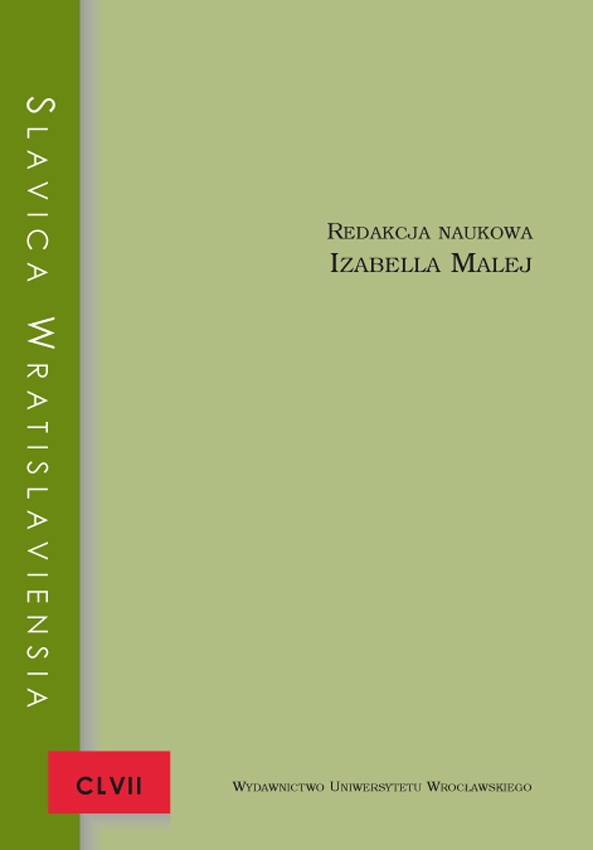

Articles

A big village or a special kind of city? The Russian urbanism as an example of dialogue and counterpoint
The paper attempts a partial revision of common views about the rustic character of the typical Russian city. Extensive analysis of historical material, especially the Old Russian, indicates typical for the rural way of life, and their appearance is inconceivable otherwise than as a purely urban symbiosis of a European landscape and the surrounding wilderness. The author names two reasons for this state of things: first, the economic — poor division of labor and private property, and second, the aesthetic — taking into account in the construction of cities not only pragmatic economic, military-strategic, political factors, but also the factor of picturesque, which in Russia meant binding the creations of human civilization and the beauty and power of the wild nature. Outside and inside the urban space a continuous dialogue of a rural element close to nature with that in the life of Russian cities in fact an important role was played by the elements which were a fully European city element. These contradictory elements had taken their toll on the inhabitants of cities simultaneously or alternately, as in the musical counterpoint.